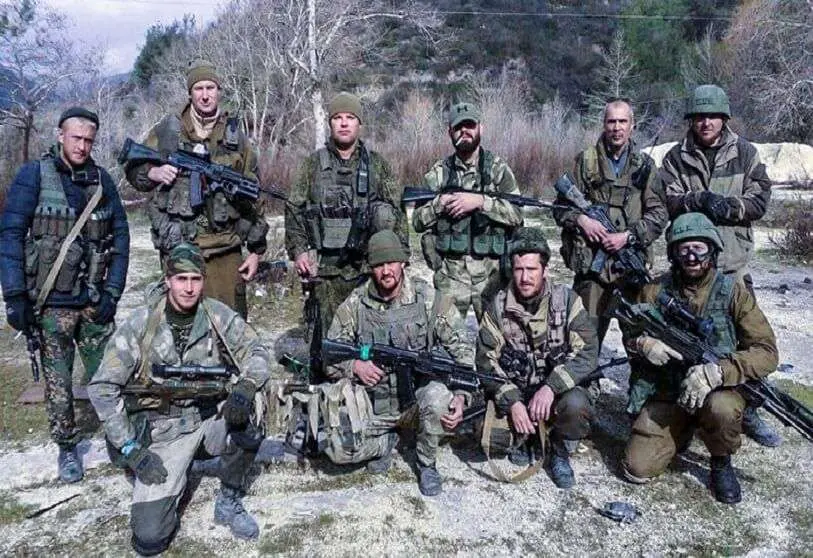The eruption of the Russian Wagner Group in Mali shakes up the geostrategic balance in North Africa

The negotiations being conducted by the Malian military junta, which led the country after the August coup d'état, with the Kremlin to hire the Wagner Group to defend stability and security in the African country could aggravate the alteration of the geostrategic balance underway in North Africa and the Sahel.
Faced with a change in the strategic equation in the region of the Strait of Gibraltar with a greater presence of Western powers, mainly the US and the UK, in support of their strategic ally Morocco, the other powers interested in the region are making moves. Germany has clearly and somewhat aggressively opted for its partner Algeria, with the blessing and umbrella behind Russia. Indeed, most geopolitical analysts believe that the breakdown of diplomatic relations between Algeria and Morocco should be seen in terms of strategic rivalry, the United States with Spain and Morocco on the one hand, and Russia and Germany with Algeria on the other. But instead of being a bipolar rivalry as in Cold War times, it is now extended to other protagonists, Britain, France and China. Paris does not want to lose its influence in the former African colonies; London is reasserting its presence in the Strait of Gibraltar, directly through military manoeuvres with Morocco and through Gibraltar; and Beijing is establishing its commercial and large infrastructure bases in the region.
In the negotiations between Moscow and Bamako for the deployment of the Wagner Group's private militias, Algeria has a lot to say. Algeria's military leadership will only agree to the presence of Russian military in its southern neighbour if it can guarantee the security of its borders and maintain control over targets and operations.
Although Wagner's militiamen already have an official presence in several African countries (Libya, Central African Republic, Sudan, Mozambique and Madagascar), and an informal presence in others (Rwanda, Burundi, Angola, Guinea, Guinea-Bissau and Gabon), to defend the security of Russian consortiums and to protect African regimes from potential enemies, their incursion into the Sahara/Sahel after the vacuum left by the withdrawal of French forces from Operation Barkhane is viewed with extreme concern by Western allies.
The hypothesis that the assassination of the two Moroccan truck drivers who were driving a commercial convoy in Mali to supply other countries, Niger, Chad and Burkina Faso, was the work of an advanced commando of the Wagner Group - given the professionalism, equipment and modus operandi of the armed group - leaves two major questions: who took the decision to execute the truck drivers? What was the purpose of the murderous action? Allegations of jihadist groups or an Algerian Special Services operation are unsubstantiated and implausible, and there is no hard evidence. The Moroccan government's statement that this was "a premeditated operation" is well-founded, but Rabat has been very careful to make accusations against its Algerian neighbour. All the more so since Rabat's approval of António Guterres' future special envoy for the Sahara, Sttafan de Mistura, already accepted earlier by Algiers and the Polisario, opens the way for a political conclusion to the Sahara conflict.

